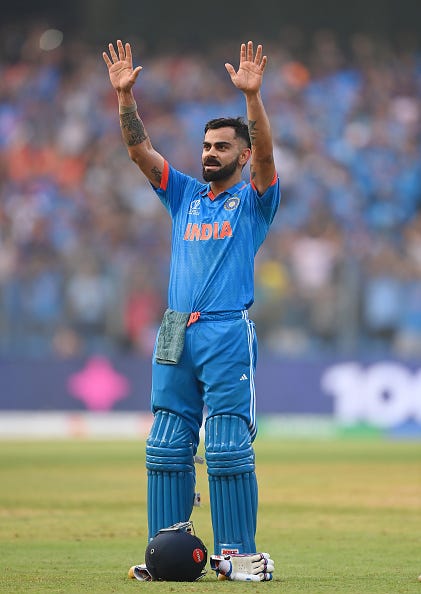CWC23: Goliath v Goliath
The next Black Caps off the block, RWC's tiresome fallout, and some great writing from the US


Oh yay, let all neutrals rejoice.
It’s the behemoth versus the leviathan in the World Cup final.
Superpower A meets Superpower B.
The Sons of Packer on a collision course with the Sons of Doordashan.
Pick your poison.
While it mi…
Keep reading with a 7-day free trial
Subscribe to The Bounce to keep reading this post and get 7 days of free access to the full post archives.



